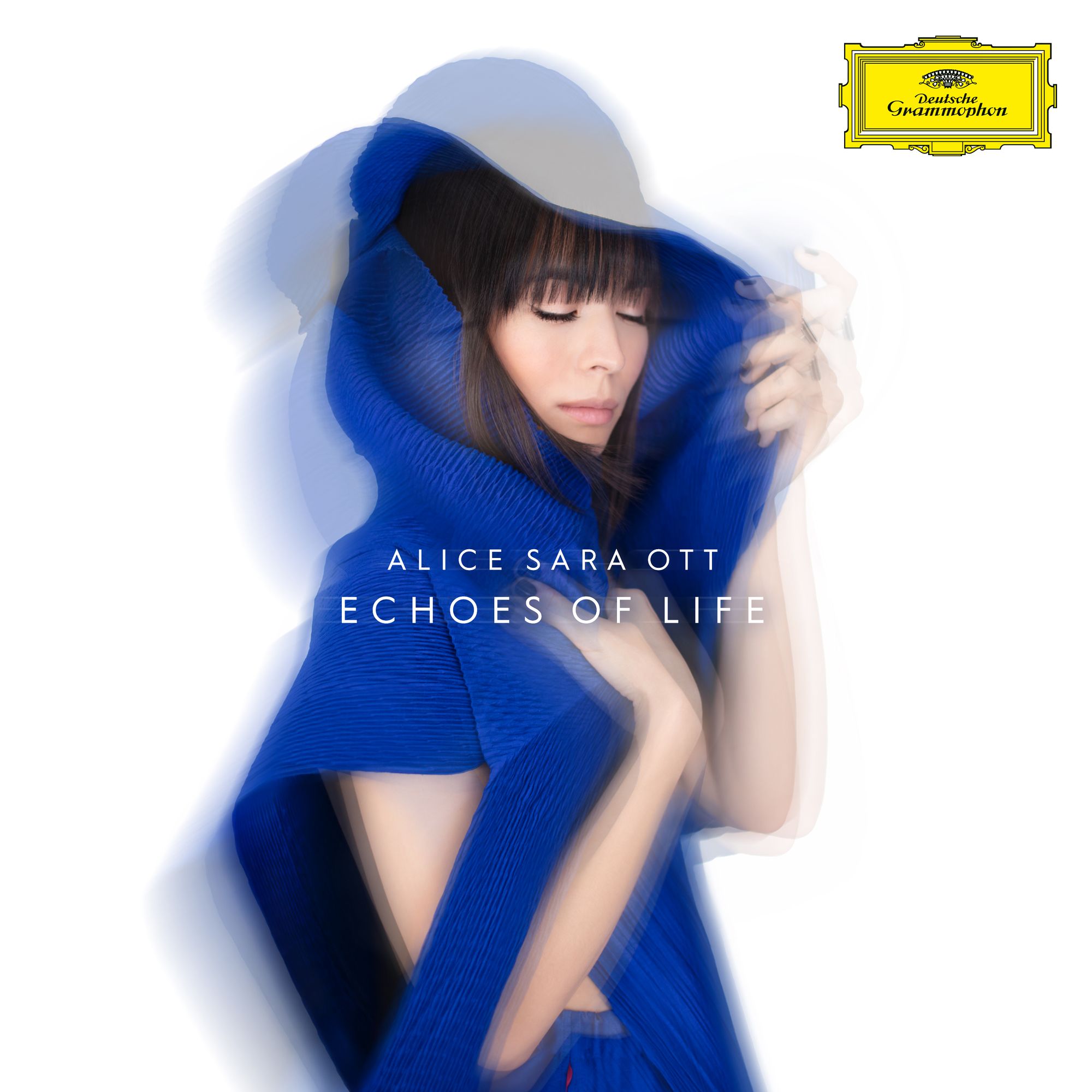Echoes of Life: Alice Sara Ott
A very, very intelligent take on the concept of the playlist, here converted into something intensely personal and revealing via the juxtapositionof the familiar with the rare, of tonal-based language and freer imaginings, this is an incredibly rewarding album.

Thsi is Ott's tenth album, further fruit of her 13 years with The Yellow Label. It's a fascinating disc, enhances (some might say) by release in Apple Lossless fomat and in Dlby Atmos, the new immersive experience (and best experienced from that perspective on high-end headphones: it does sound spectacular that way).
Ott muses that the end of one chapter of our life is always the beginning of another; Chopin's sequence certainly has a sense of sucession, combined here with seven pieces by contemporary composers, all fo which have personal resonance with Ott herself. "New shapes and meanings continue to resonate within us, as if they were echors of our lives". Ott explains more here:
The juxtapositions can be stark. At the end of Chopin's famous E-Minor Prélude, Op. 28/4, we move to Ligeti's remarkable Musica ricercata I, a study on one note:
Every time we move back to Chopin, it's like coming home to a familiar place. Even if one doesn't know the Préludes, teh harmonies, the melodic shapes are all part of what is embedded into us as citizens of the Western World.
Moving from the Ninth Prélude to Nino Rota, a nostalgic Waltz, is fascinating, as if Chopin were refracted through a mirror, now a memory. Here's the Rota:
Even more stimulating is teh juxtaposition of Chopin's Prélude in D flat (the so-called "Raindrop") with Chilly Gonzales' Prelude in C sharp Minor, itself seeming to reference both Bach and Chopin (Bach was Chopin's great hero):
.. after which, the opening gesture of Chopin's Op. 28/16 seems all the more arresting:
Toru Takemitsu offers a plateau of calm (if quite an emotionally weighty one) with his Litany (In Memory of Michael Vyner):
The Gonzales finds an emotive counterpart a hsort while later with Arvoa Pärt's magnificent Für Allina, which after its more muscular opening gestures sort of hangs in the air like a suspended crystal:
After the turbulent final D-Minor Prélude, an offering by Ott herself" her Lullaby to Eternity (on Fragments of W. A. Mozart's "Lachrymosa"), with the final tolling bass note of the Chopin acting as a link (this works best if you listen to the album, obviously).
A very, very intelligent take on the concept of the playlist, here converted into something intensely personal and revealing via the juxtapositionof the familiar with the rare, of tonal-based language and freer imaginings, this is an incredibly rewarding album.
